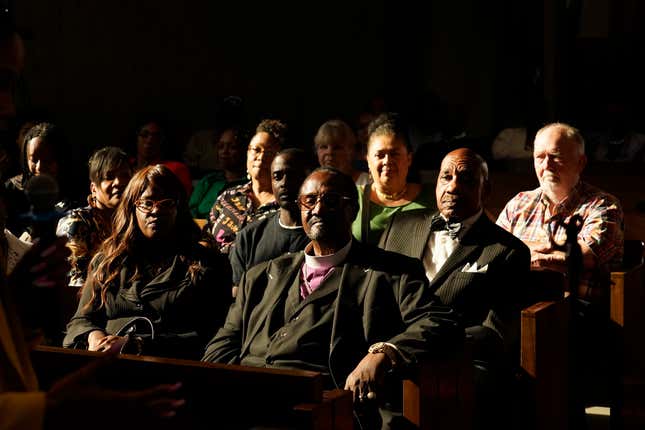
Just east of Los Angeles, a small neighborhood called Section 14 stood for decades. But in the 1960s, its Black and Latino residents were forced out of their homes to make space for commercial buildings, leaving hundreds of parents to pick up the pieces and even more children witnessing it all.
“On Friday, we were notified that we had to take anything we wanted out of the house by Monday — two days,” Gloria Holland told NBC News. “That was it. It was awful.” Holland was only 8 or 9 when she watched her community crumble. Now at 70 years old, she has lived to see the wrongs be righted.
The City of Palm Springs first apologized to the survivors of the Section 14 displacement more than sixty years later in 2021, according to the Desert Sun. Soon afterwards, Holland and with the remaining Section 14 Survivors Group filed a lawsuit against the city in 2022, according to the Los Angeles Times. They sought monetary reparations for the physical and emotional damages done to their community. And now in 2024, Palm Springs is finally paying up.
“It is the responsibility of the city of Palm Springs to compensate individuals for the destruction of personal property,” said council member Lisa Middleton during the hearing. “We broke something that was yours, and now we need to pay for it.”
In total, $5.9 million will be collectively awarded to about 1,200 people, breaking down to just under $5,000 per survivor. Additionally, the city also has shared plans to name a community park in honor of the victims, erect a public monument, and establish a cultural healing center, according to NBC News. On top of all of this, the City Council approved $21 million in housing and economic development programs hoping to curve the effects of discrimination against its Black and Latino residents. The agreement also includes $10 million for a first-time homebuyer assistance program and $10 million to establish a community land trust.
“It’s been a journey full of emotions, from sadness, anger, frustration to exhilaration,” said Areva Martin, the attorney who represented the Section 14 Survivors. “I knew that the conversation around reparations is a difficult one for a lot of people, particularly older Black people, many of whom have experienced so much racial trauma, but have been conditioned to live with it, not to complain about it, to repress it, and in some ways ignore it.”
The payout doesn’t fix the past, but the city of Palm Springs is trying to make amends and acknowledge the wrongdoings which altered the course of hundreds of families.

